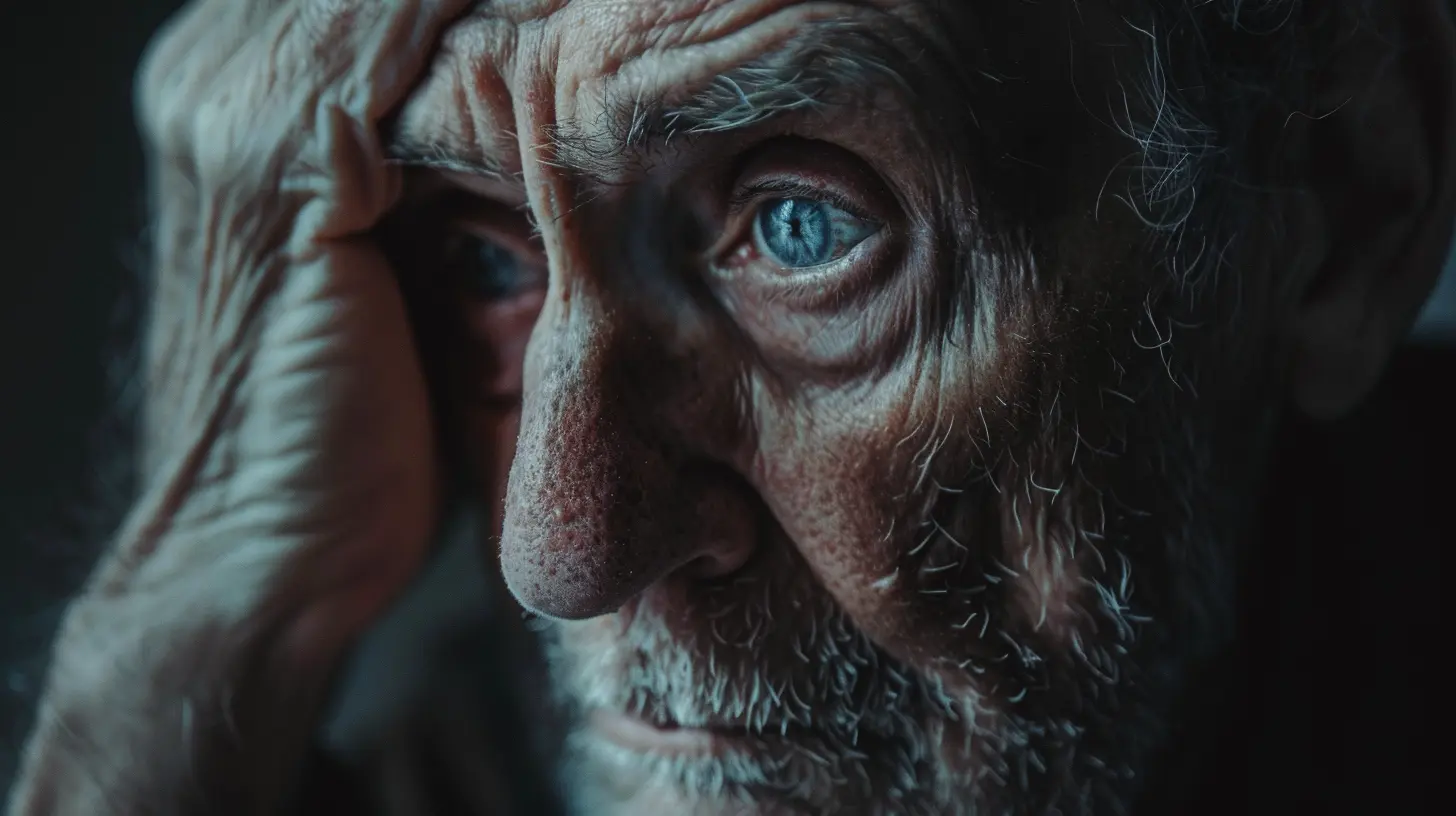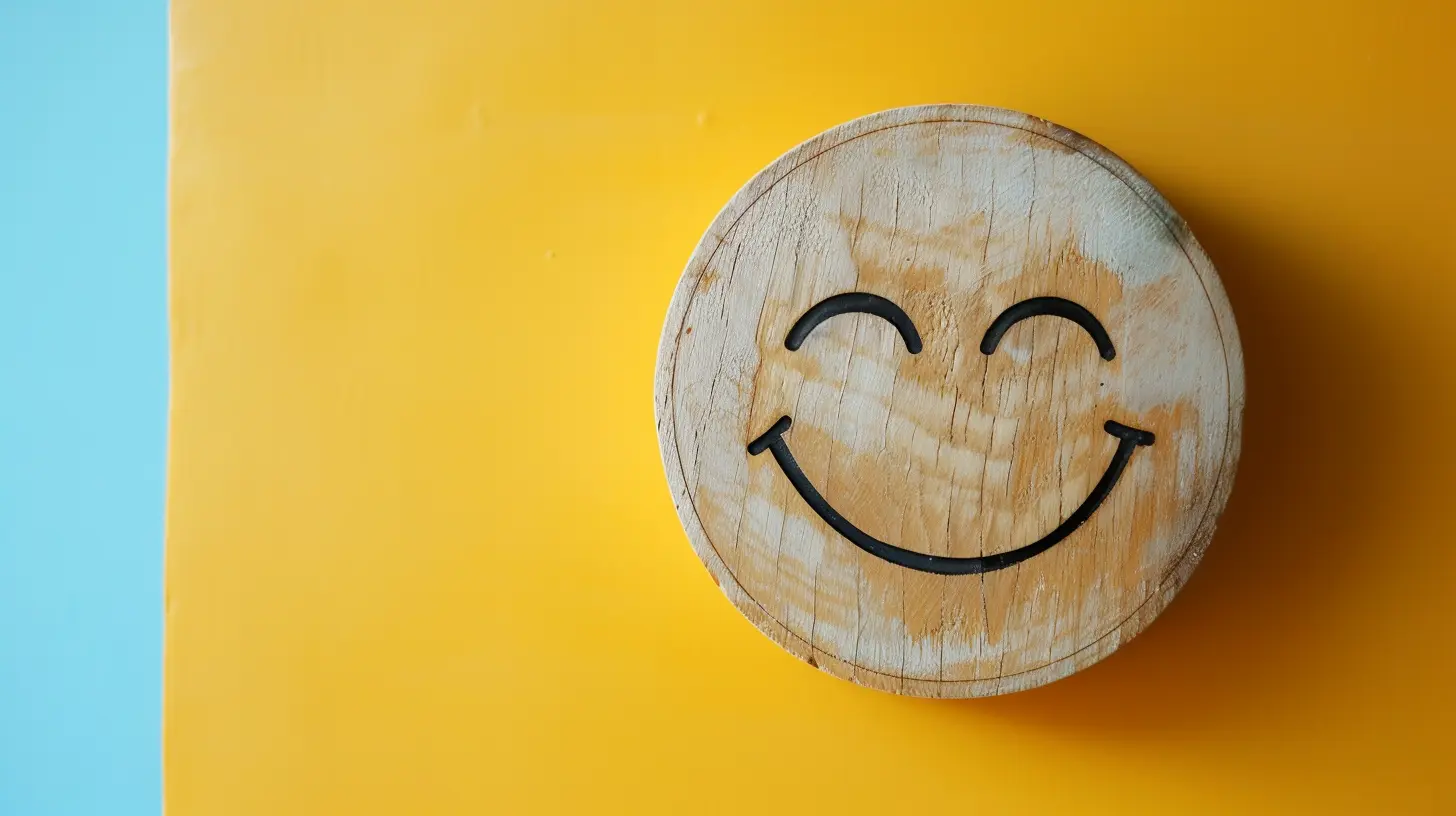How to Manage Emotional Exhaustion in Caregiving Roles
11 July 2025
If you’re deep in the trenches of caregiving—whether for a parent, a spouse, a child with special needs, or as part of your job—you already know this truth: emotional exhaustion hits different. It’s not just being tired. It’s feeling like your soul is running on fumes.
And here’s the kicker: most people won’t get it unless they’ve been there. So, if you’re reading this because you’re hanging on by a thread or trying to avoid getting to that point, you’re in the right place.
Let’s cut the fluff and talk real about what emotional exhaustion in caregiving looks like, why it hits so hard, and most importantly—how the hell you manage it without losing yourself in the process.
What Is Emotional Exhaustion, Anyway?
Think of emotional exhaustion like a slow-leaking balloon. At first, you barely notice it. But over time, the air seeps out, and eventually—bam—you’re crumpled, deflated, and barely functioning.In simple terms, emotional exhaustion is a state of feeling emotionally worn-out and drained due to accumulated stress. For caregivers, this isn’t just a possibility—it’s practically a rite of passage. You're always "on," constantly responding, worrying, fixing, and supporting. Burnout in these roles doesn’t sneak up. It kicks the damn door down.
Here are a few signs that you're emotionally exhausted:
- You're constantly irritable or numb
- You feel detached from what you’re doing
- You’ve lost interest in activities you used to enjoy
- Even small tasks feel overwhelming or impossible
- Your sleep is trash—either too much or not enough
- You're always tired, but rest doesn't help
Sound familiar? Yeah, we thought so.
Why Caregivers Are Especially Prone to Burnout
Let’s state the obvious: caregiving is hard. But it’s not just the physical grind—it’s the emotional labor that really drains you. You're dealing with other people’s pain, needs, fears, and sometimes—even their resentment.And guess what? Most caregivers put themselves dead last on the priority list. Combine that with unrealistic societal expectations (ever heard “it’s your duty” or “you should feel grateful”?) and you’ve got a perfect recipe for emotional meltdown.
Here’s why it hits caregivers harder:
- The emotional attachment: You’re not just clocking in and out. These are your people.
- Chronic stress: There's no clear end in sight.
- Lack of control: You can’t fix everything—even when you desperately want to.
- Guilt: For not doing enough, for needing a break, for just being human.
- Isolation: Caregivers often feel invisible or misunderstood.
Can we all agree caregiving, while noble, is also emotionally brutal at times?
The Myth of the “Selfless” Caregiver
Ever heard the phrase “you can’t pour from an empty cup?”Well, get ready for some truth: you’re not a superhero. You're human. And trying to play the martyr is not only unsustainable—it can be downright dangerous for your mental health.
Taking care of yourself isn’t selfish. It’s necessary. If you break down, everything else falls apart. Period.
So, let’s put that toxic “always put others first” nonsense in the trash where it belongs. Let’s dig into how you can genuinely manage emotional exhaustion, so you can stay standing—and sane—on this rugged road.
1. Recognize the Warning Signs (Don’t Ignore the Smoke Signals)
Before your body and brain force you to stop, it’ll send up flares. If you’re feeling anxious for no reason or snapping at your partner for breathing too loud—it’s not you being “dramatic,” it’s your brain waving a white flag.Pay attention to these red flags:
- Sudden mood swings
- Feeling emotionally numb
- Crying at the drop of a hat
- Withdrawing socially
- Physical symptoms (headaches, stomach issues, aches)
- Trouble concentrating
Awareness is the first line of defense. Treat emotional exhaustion like a real issue—because it is.
2. Set Boundaries Like Your Peace Depends On It (Because It Does)
Here’s the uncomfortable truth: not everyone will like your boundaries—and you have to set them anyway.Say it with me: “No” is a complete sentence.
You don’t need to justify why you can’t take on more. Being available 24/7 isn’t sustainable. Whether it’s with other family members, a boss, or even the person you're caring for—you’re allowed to say no. In fact, you must.
Try this:
- Create “non-negotiable” time slots for yourself
- Limit phone calls/texts that derail your peace
- Block off rest time like it’s a doctor’s appointment
- Delegate, even if it makes you feel guilty (you’ll survive)
Protect your damn energy—ruthlessly.
3. Ask for Help (And Accept It Without Shame)
This one’s a tough pill. Many caregivers are fiercely independent—some out of necessity, others out of guilt or fear of burdening others.Here’s the truth bomb: nobody was meant to do this alone.
Whether it’s hiring help, calling in family, reaching out to a caregiver support group, or texting a friend to say “I’m drowning”—ask.
You're not weak. You're human. And humans need help.
If someone offers help, take them up on it. Don’t let pride keep you isolated. Repeat after me: Asking for help is strength, not weakness.
4. Reclaim Pockets of Joy (Even If They’re Tiny)
Joy doesn’t always come in grand gestures. Sometimes it’s a uninterrupted 10-minute coffee break. Sometimes it’s turning up your favorite song and dancing like you're in a cheesy rom-com.Stop waiting for the perfect time to enjoy yourself. That time might not come.
Here are some effortless ways to sneak in joy:
- Listen to a podcast that makes you laugh
- Go for a short walk outdoors
- Do something creative (paint, write, doodle)
- Eat your favorite dessert without guilt
- Pop in earbuds and vanish into music
It’s okay to feel joy even when the situation is hard. In fact—it's necessary.
5. Talk to a Damn Therapist
Don't wait until you're in full crisis mode to seek professional help.Therapy isn’t just for fixing what’s broken—it’s about maintenance, perspective, and processing heavy emotions in a safe space.
Chances are, you're carrying more than you were ever meant to. Talking to a mental health professional can help you unload some of that emotional baggage and develop coping strategies that actually work.
Online therapy, in-person sessions, group therapy for caregivers—whatever works for you. Just don’t go it alone.
6. Develop A Daily Decompression Ritual
Ever feel like you go to bed with your brain spinning like a hamster wheel? That’s unprocessed stress doing its thing.Create a ritual that signals your brain: "We’re off duty now."
It doesn’t have to be elaborate. Keep it simple:
- A hot shower or bath
- Journaling your thoughts (get ‘em out of your head!)
- Stretching or deep breathing for 5 minutes
- Listening to calming music or nature sounds
- A short meditation app
Make it sacred. Make it yours. Then guard it like a dragon guards treasure.
7. Find Your Caregiver Community (Because You. Are. Not. Alone.)
Caregiving can be a lonely gig. Most people don’t get the emotional toll unless they’ve been there. That’s why finding others who do is so powerful.Whether you join an online forum, attend a local support group, or even find a few fellow caregivers on social media—it helps.
It helps to vent. To cry. To laugh without explaining yourself. To be seen.
Connection is a lifeline. Don’t underestimate it.
8. Forgive Yourself Daily (You Deserve Grace, Too)
You’re not perfect. You’re going to snap. You’ll forget things. You might even resent the person you're caring for—and then you’ll beat yourself up for it.Listen carefully: That. Is. Normal.
You are doing the best you can in a brutally demanding role. Give yourself the same compassion you'd give someone else. Forgiveness isn’t about excusing mistakes—it’s about releasing the weight of impossible standards.
Every day, start fresh. Show yourself grace. No one else will do it for you.
Final Thoughts: You Count, Too
Let’s end with this: You matter. Your well-being isn’t optional. You can’t be the caregiver you want to be (or need to be) if you’re running on empty.Managing emotional exhaustion in caregiving roles is about developing sustainable, soul-protecting habits. It’s drawing lines. It’s choosing yourself a little more every day, even when it feels selfish or scary.
It’s not easy. But it’s absolutely worth it.
So the next time you feel like you're at the end of your rope—just remember: even caregivers need care.
We see you. Keep going. Just don’t forget yourself in the process.
all images in this post were generated using AI tools
Category:
Emotional Well BeingAuthor:

Eliana Burton
Discussion
rate this article
1 comments
Maverick McGillivray
Caring for others is a beautiful journey, but don’t forget to recharge your own batteries! Remember, it’s okay to take breaks and prioritize your well-being. You’ve got this—your heart and mind deserve care too!
July 25, 2025 at 2:46 AM

Eliana Burton
Thank you for your thoughtful reminder! Prioritizing self-care is essential for sustainable caregiving.


